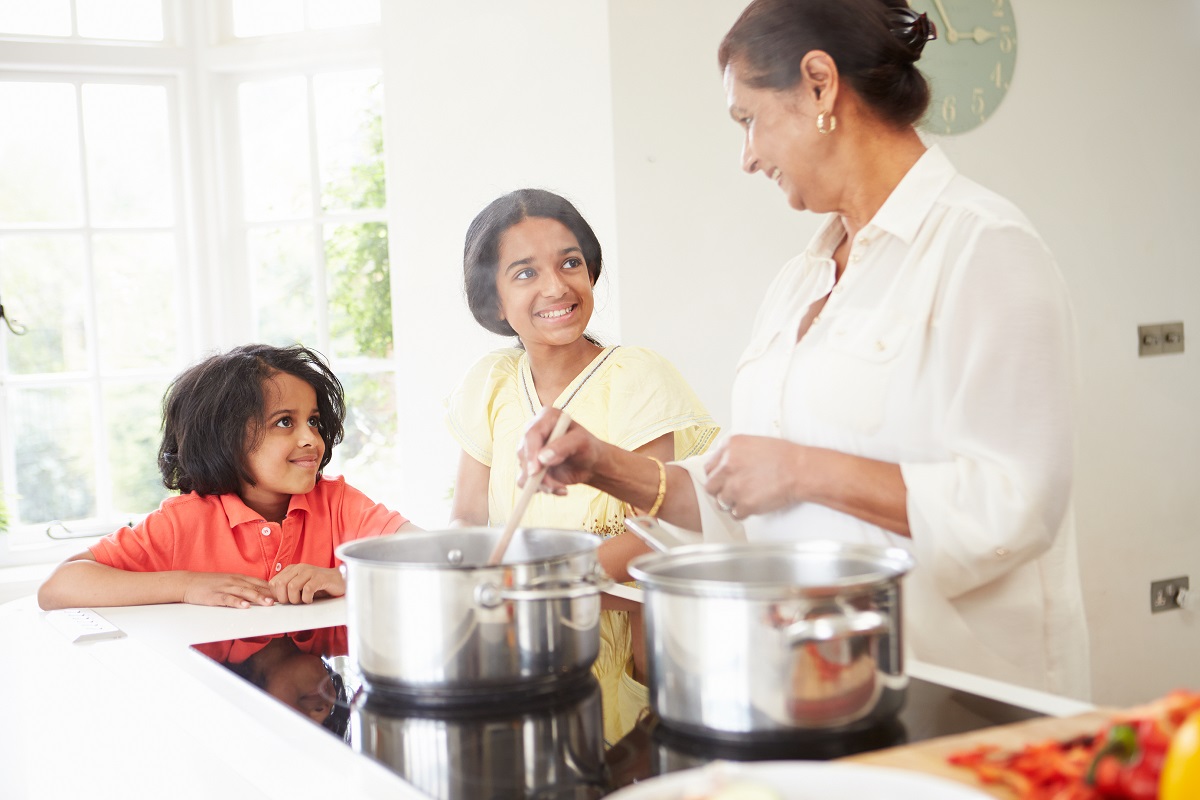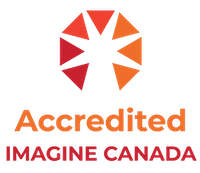September 11, 2020
National Grandparents Day is on Sunday, September 13, 2020, a time to recognize and celebrate the significant contributions that grandparents and great-grandparents make to family life and family well-being across Canada. In many families, they are highly involved in the lives of their younger generations, whether it’s through some degree of co-parenting responsibility with the parent(s) or in leading a grand-family with no parental involvement (referred to in the literature as a “skip-generation” family).
Families adapt and transition to grand-families for diverse reasons, including mental illness and/or addictions; the absence, incarceration or death of a parent(s); or to provide support in the event of adolescent pregnancy. Choice, culture and circumstance can also play a role.
While grand-families are not a new phenomenon, 2016 Census data show that they are home to a growing number of children in Canada (nearly 33,000 children under 15 lived in grand-families in 2016, up 32% since 2001). However, there is little data on their well-being and unique experiences.
The Vanier Institute of the Family recently engaged with grandparents and great-grandparents living in Prince Edward Island to increase our understanding of grand-families in PEI, their well-being and experiences caring for their grandchildren, program awareness and more in the Grand-families in PEI Survey.
While findings from this initiative will be released in Fall 2020, respondents to date report being satisfied with their lives, and most say they are aware of the PEI Grandparents and Care Providers program, which provides financial support to all grandparents caring for children in the province.
The survey is part of the Grand-Families in Canada Partnership between the Vanier Institute, the University of Prince Edward Island and Building GRAND-Families Inc. – an innovative, two-year collaboration that engages with a network of individual and groups to bring together those who serve families, researchers, community organizations and the general public to increase the understanding of family well-being in PEI and across Canada.


